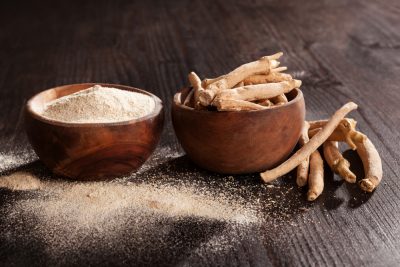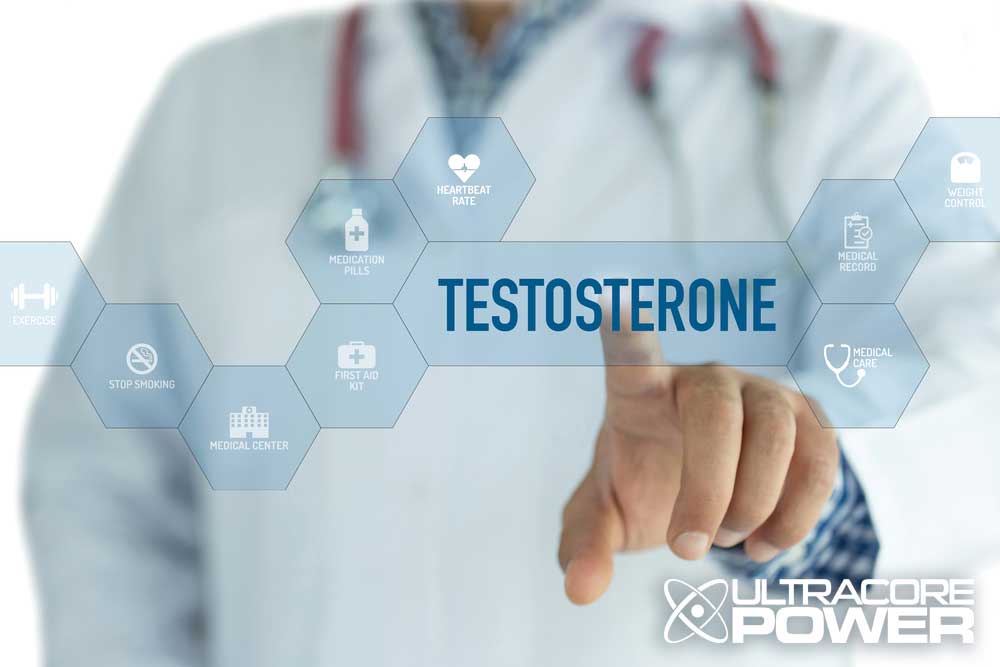Do you often feel fatigued, uninterested in sex, irritable, and even depressed?
Testosterone deficiency syndrome (TDS) is quite common, especially among elderly men. Because it affects several bodily functions and it causes numerous symptoms, TDS can pose serious health concerns.
Fortunately, men suffering from TDS now have several treatment options. Testosterone replacement therapy is now easily accessible and there are also numerous natural testosterone boosters that you can purchase without a prescription.
Read on to learn more about fixing low testosterone.
What are the Symptoms of TDS?
Having testosterone levels consistently lower than 300 nanograms per deciliter could mean that you are testosterone deficient already. If you’re experiencing any of the following symptoms, make sure to meet with your doctor right away.
Low sex drive
Libido and testosterone levels almost always go together. Being low on testosterone will definitely cause your sex drive to decline as well. If you find yourself no longer interested in any sexual activity, that could already be a sign of low sex drive due to declining testosterone levels.
Reduced lean muscle mass
The primary male sex hormone is highly involved in the growth and development of muscle tissues. Being testosterone-deficient means your body is no longer able to efficiently build and develop muscle tissues. Over time, you’ll lose more and more muscle mass.
Increased fat mass
As your lean muscle mass decreases, your fat mass concomitantly increases when your testosterone levels remain low for a long period. The hormone is also a key player in fat metabolism, which means that you won’t be able to burn fat efficiently when you’re deficient in testosterone. Hence, your fat mass will increase and you’ll gain weight.
Fatigue
 Those suffering from testosterone deficiency tend to become easily fatigued. Low energy and poor physical strength are also common symptoms. Low testosterone is also linked to sleep problems.
Those suffering from testosterone deficiency tend to become easily fatigued. Low energy and poor physical strength are also common symptoms. Low testosterone is also linked to sleep problems.
When you’re not sleeping properly, that can also affect your energy levels and make you easily feel tired.
Erectile dysfunction
It’s very common for men with hypogonadism to develop problems with either achieving or maintaining an erection.
Testosterone also plays an essential role in the erection process, so when you’re low on testosterone, your erectile function also declines. TDS is likewise associated with depression which can also contribute to erectile dysfunction.
How is Low Testosterone Diagnosed?
The easiest way to measure your testosterone levels is to simply have your blood sample analyzed. However, in order to make a diagnosis of TDS, your doctor may ask you about your health history and physically examine you.
For your health history, you may be asked about your puberty, if you’ve been having headaches or visual field changes, if you’ve had any head or testicular trauma, and the doctor may also ask about the possible use of anabolic steroids.
For your physical examination, the doctor may need to check your waist circumference, body mass index, and hair pattern. Your doctor may also ask to see your breasts if they have become enlarged and examine your testicles to check if they have become smaller.
Enlarged breasts and testicular shrinkage are associated with low testosterone.
What are Your Testosterone Therapy Options?
There are many reasons why a doctor would recommend testosterone therapy for men with low testosterone. Unfortunately, age-related testosterone decline isn’t usually considered a good enough reason for testosterone therapy.
However, if you have testosterone deficiency due to genetic issues like Klinefelter syndrome, or you had cancer therapy, or you suffered testicular trauma in the past, then you might be a good candidate for testosterone therapy.
Transdermal or topical testosterone
Testosterone therapy may be in the form of creams, gels, patches, and liquids that are topically or transdermally applied. Topical testosterone medicines usually need to be applied daily.
Testosterone injections
Depending on the dosage and brand, a testosterone injection may be administered monthly, weekly, or every two weeks. Long-acting testosterone injections are typically given in the muscle.
Oral testosterone
Testosterone oral patches are placed inside the mouth, usually above the incisor. You may need to apply an oral patch every 12 hours. Testosterone pills are also available, and they need to be taken once daily.
Testosterone pellets
These pellets are inserted under the skin, either in the upper hip or buttocks area. Some testosterone pellets need to be replaced every 3 months, while others last for 6 months.
Natural Testosterone Boosters
Although testosterone replacement therapy is becoming increasingly popular, this treatment option is still not readily accessible for many men. On the one hand, natural testosterone boosters can easily be bought online or at pharmacies and retail stores without the need for a prescription.
In addition, natural testosterone boosters often offer other health benefits that you won’t be able to get from a testosterone gel, injection, or pill.
Most natural testosterone boosters contain medicinal herbs that are good not only for increasing testosterone levels but also for treating other health conditions.
Tongkat Ali or Long Jack
Eurycoma longifolia Long Jack is a medicinal plant that’s been widely studied in terms of its effects on fertility, endocrine health, and sexual performance.
Proven effective in stimulating testicular testosterone production, Long Jack is also good for men with fertility issues and erectile dysfunction.
Ashwagandha
 As an ergogenic agent, Ashwagandha is extremely helpful in increasing energy levels, improving endurance, and enhancing athletic performance.
As an ergogenic agent, Ashwagandha is extremely helpful in increasing energy levels, improving endurance, and enhancing athletic performance.
Ashwagandha has also been found to have positive effects on brain function and hormonal health. Because it reduces cortisol levels, Ashwagandha is able to promote better testosterone production.
Fenugreek
A popular aphrodisiac, fenugreek or Trigonella foenum-graecum has been found to have inhibitory effects on enzymes that act on testosterone to convert it to estrogen or dihydrotestosterone.
Although fenugreek doesn’t directly increase testosterone synthesis, it does help you maintain high free testosterone levels.
The Bottom Line
For fixing low testosterone, UltraCore Power is your best option. Containing Male UltraCore, Ultra Prime, and Ultra Edge, UltraCore Power gives you the combined effects of the three of the most potent natural testosterone-boosting supplements.
UltraCore Power contains high-quality natural ingredients like Long Jack, Ashwagandha, and fenugreek to give you the best results in improving your testosterone levels.








COMMENTS